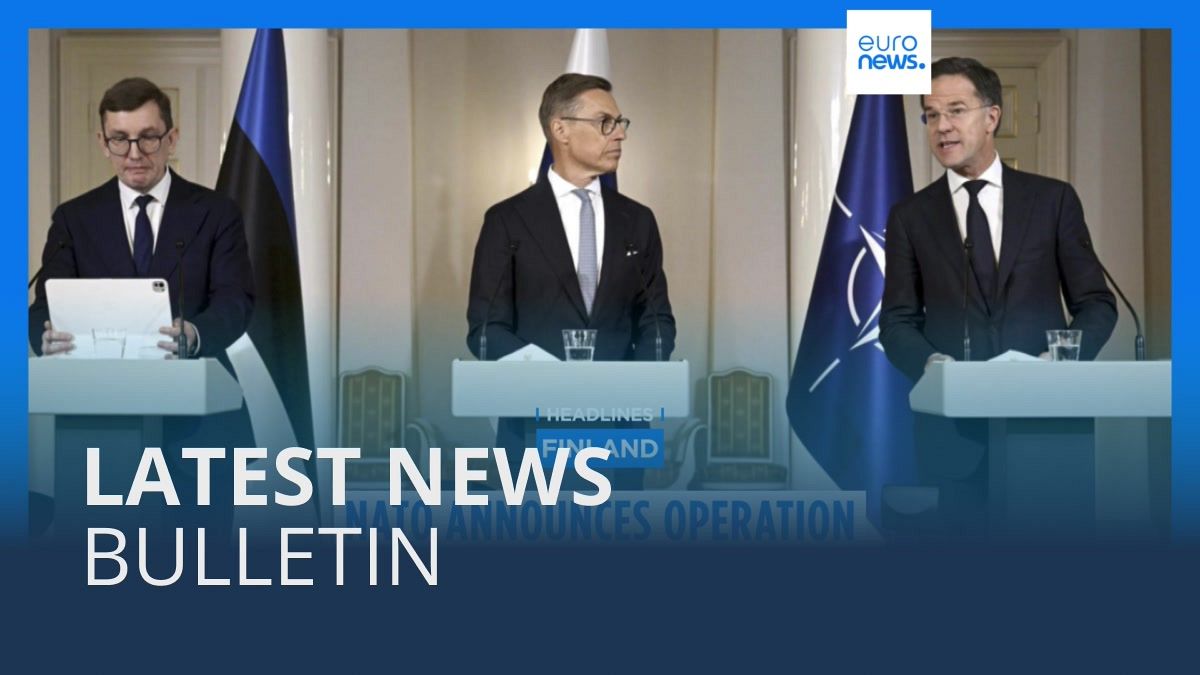We can no longer afford to diddle around like this! And rarely has anything hammered home just how much we remain stuck in the harsh reality of centuries past as Russia’s invasion of Ukraine. It is, however, far from the only recent wake-up call as to just how far opponents of our liberal democratic order are willing to go, and how ready they are to exploit every weakness we show and every vulnerability we leave unpatched.
We simply need to embrace the fact that our autocratic challengers, as well as criminal elements around the world, weaponize absolutely anything they can — be it our smart phones or smart homes, critical infrastructure or resource dependencies. And if we want to win, or at least persist, we need to get better at accepting the fight where they take it — and that may be just about anywhere.
At its core, this means our political leaders must ensure all new policies and regulations add to our security rather than subtract from it, that they don’t weaken cohesion or increase vulnerabilities but close avenues of attack and boost resilience. Ideally, new policies and regulations can even give us an edge in conflicts to come.
This sounds like a no-brainer. After all, who would really want to implement a policy that makes them less safe?
Unfortunately, however, there remain countless examples of silo-thinking, a lack of cross-governmental coordination and false priorities both in Europe and across the wider transatlantic alliance, leading to policies with dangerous knock-on effects.
The DMA is a case in point. Ratified exactly one month after Russia’s invasion — but obviously negotiated long before President Vladimir Putin crossed the Rubicon — the DMA may be great from a competition or taxation perspective, increasing fairness across the board, but it hardly makes the EU and its citizens safer. On the contrary, there’s plenty of evidence that it comes with serious side effects, putting millions at risk by overriding central safeguards on the pretense of consumer choice.




















Discussion about this post